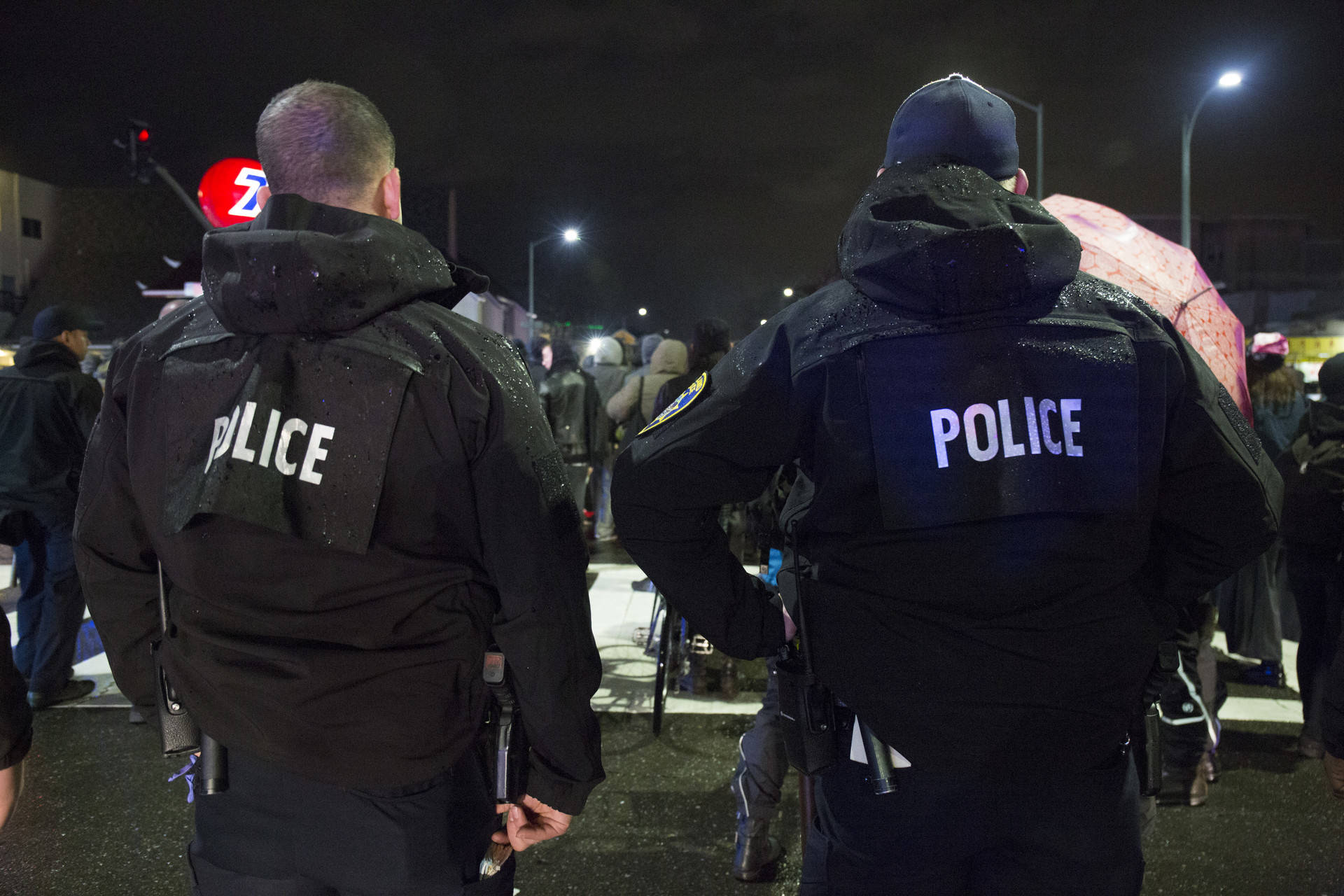Many statewide law enforcement organizations opposed the law, and attorneys representing law enforcement unions throughout the state filed a petition on behalf of the San Bernardino sheriff's deputies' association asking the state Supreme Court to prevent agencies from turning over any records from cases originating before Jan. 1, 2019.
The Supreme Court denied the petition and a related request to issue a stay, which could have stopped the release of records made public by the new law throughout the state.
"Fortunately, the court saw through this last-minute effort by the police union to hamstring Senate Bill 1421," said David Snyder, executive director of the San Rafael-based First Amendment Coalition.
Last week, the First Amendment Coalition, the Los Angeles Times, the California News Publishers Association and KQED filed a motion to intervene in the case, arguing that the law clearly applies to existing records. The Supreme Court also denied the motion to intervene on Wednesday, ruling it is now moot.
The sheriff's deputies' union expressed disappointment in a written statement issued by its president, Grant Ward.
"We feel this is a statewide issue and should be considered accordingly," Grant said. "As a result, we are currently seeking other legal options to protect our members."
The court did not issue a written order on the petition. That could leave some uncertainty over the law's implementation as police agencies work to produce records.
The law firm representing the union said the summary denial, without a formal ruling, leaves the possibility of hundreds of localized lawsuits to block the release of records throughout California.
"[I]t is possible that numerous lawsuits will be pursued by peace officer labor organizations in local courts throughout the state to prevent public agencies from releasing confidential information which is prohibited by law," the law firm Rains, Lucia, Stern, St. Phalle & Silver said in a written statement.
The firm also notes a Dec. 31 ruling by the Los Angeles Superior Court, essentially granting the stay in Los Angeles that the union had sought statewide.
"The legal arguments we advanced [in that case] were virtually identical to those which the Supreme Court declined to hear or consider before the issue was litigated in lower courts," the law firm said.
Skinner, the bill's author, said the law was always intended to apply to records already in existence, adding that she's open to amending the law as complications arise.
"If there are appropriate adjustments, I'm open to making those," she said. "But until we see it in practice, I think we can't predict what aspects of it might need appropriate adjustments."
Snyder said he expects there will be legal challenges to SB 1421 in the months ahead as the scope and extent of the new law is defined.
California has historically been one of the most secretive states in the country when it comes to public access to police records, dating back to the 1970s when the Legislature began shielding police disciplinary records from public view.
"I'm grateful that the court issued this decision and did so promptly because this is an important law that will allow the public to see a lot of things that it wasn't able to see before," Snyder said. "It's a good start to 2019."
Jan. 2: The law firm representing the sheriff's deputies' union initially misreported the date that the Los Angeles Superior Court issued a local stay. The correct date is Dec. 31, 2018, according to a clarification from the law firm, not Jan. 31, 2018, as the firm initially said.

